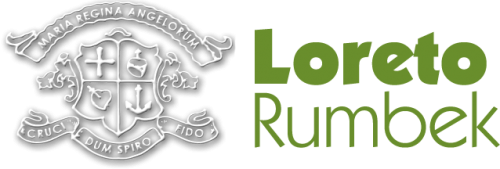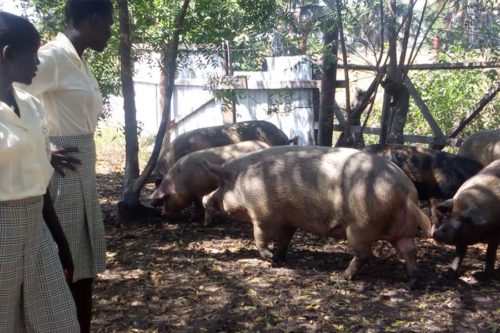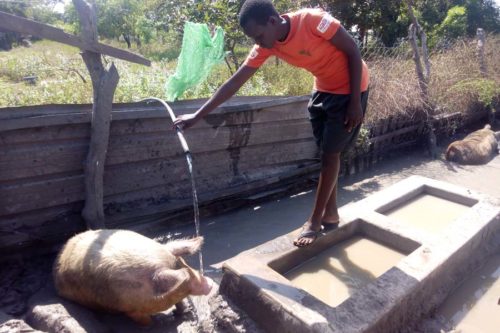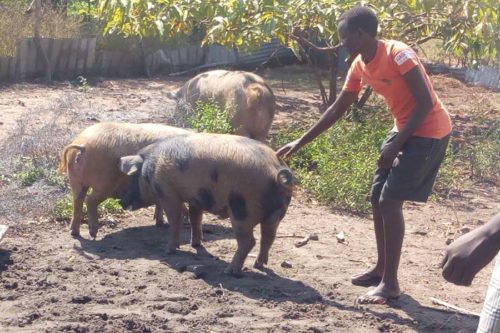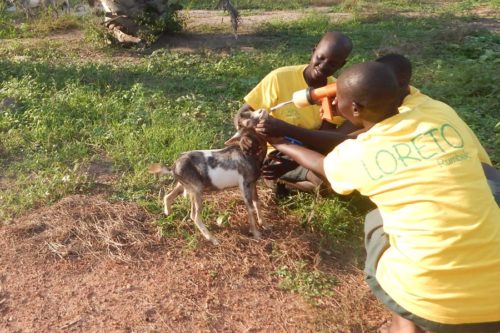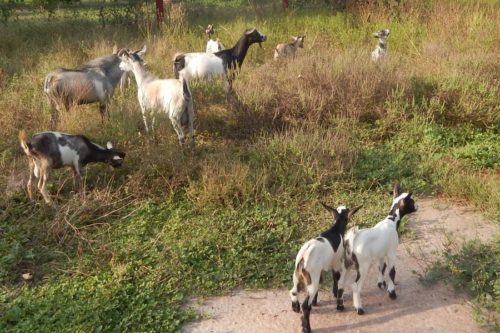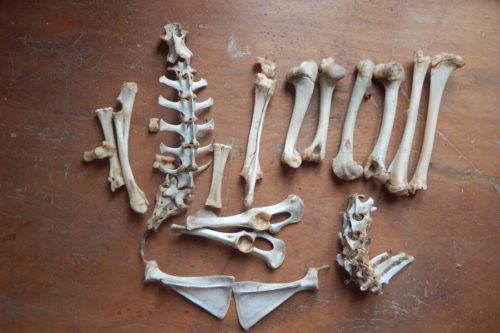News from Rumbek
Rearing and caring for animals on the school farm
In the Loreto animal enclosure, we rear goats and pigs. When one of the goats gave birth to four kids, she could not produce enough milk to feed them. To help the kids survive, our agriculture teacher and some of our students helped by bottle-feeding the young goats – they are now healthy and thriving.
Our first two piglets, (male and female) were donated by the Yirol Parish, more than 2 years ago. They have now multiplied in number. While the goats are grazers, the pigs are fed with scraps from our school meals. This reduces food waste and serves as a sustainable means of waste management.
During the hot season, the animals especially the goats are put in paddocks to sustain them and they can also move around the school compound to forage for a few hours each day.
The rearing of the pigs has created a paradigm change in the belief that the pigs are bad. This has shifted to an understanding that pigs are good for providing protein. When we asked our students, several reported that in most parts of South Sudan people don’t eat pork, because it is considered unclean. For most of our students, the first time that they saw pigs was at Loreto.
The animals on our school farm are also used for practical Biology lessons. This term, our Senior Four exam candidates participated in a guided slaughtering to collect bones to study locomotion and anatomy in mammals.
As Marlin Michael explained, “The slaughtering was an educative activity. Our main objective was to get bones to help in learning locomotion and support. In the process we also had a practical learning on chapters like blood circulation, blood clotting process, gaseous exchange, nutrition and general digestive system and excretion.
After the slaughtering we boiled the meat to extract the bones.” Here in Maker Kuei, to reduce waste, the community uses many parts of the animal. For example, the skins can be designed and used as baby carriers, popularly known as kodok in the community.
From the farm, students also learn about farm practices and the use of farm tools like the burdizzo and hoof trimmer, which are used for castration and hoof cutting respectively. They also learn about bolus and drenching guns for administering solid and liquid drugs respectively.
The animal housing shed is cleaned regularly and the waste collected is used in the farm as manure when making nursery beds. Animal care also provides employment to our community members, such as Gum.
According to Gum, “I love feeding the animals and ensuring they are healthy. After feeding I clean the troughs and give them water. I deworm them using tablets and injections. I also clean their shelter and get manure to use in sukumawiki and kudhra gardens. I have learnt to take care of animals because I can now identify symptoms when they are sick and buy them medicine, even my animals at home.”
Sign up to our newsletter
Keep up to date with news, fundraising events and activities
Want to help us further? Make a Donation
